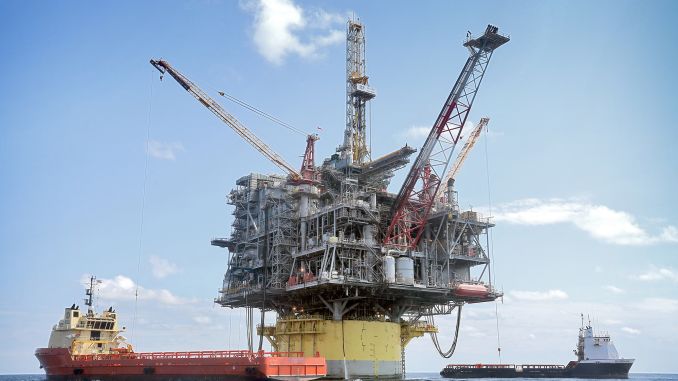Guide to Understanding Drilling Contracts: What Is A Day Work Contract?

Estimated reading time: 7 minutes

Masterclass On Understanding Drilling Contracts 2019
The upstream or E&P segment of the international oil and gas industry, is in all probability, the riskiest in terms of capital intensity, long payback periods, technological dependence and a host of legal and environmental compliance requirements. It is commonplace for entities seeking hydrocarbon reserves to offset this risk exposure through collective entities such as Joint Ventures (JV) and Joint Operating Agreement (JOA). However, the most important contracts for an operator is the drilling contract as it allocates all risks between the 2 parties. Other related contracts, such as vessel charters and service agreements will often be based upon the risk allocation scheme in the primary drilling contract. The 3 types of drilling contracts are: day work, footage and turnkey; with day work being the most commonly used form.
What is a day work contract?
A day work contract is defined as the “means of valuation and payment for works on the basis of the cost of labour, materials and plant plus a mark-up for overheads and profit”. The day work rate depends on several factors, including the type of rig and the size of crew. Daywork sheets are often submitted simply because work performed on a daywork basis tends to provide better margins than work valued in any other way, e.g. at contract rates. A day work contract may provide for lump-sum payments for specialized work.
The contractor waits for direction by the operator, and most importantly the contractor retains only the specified risks detailed in the contract. All other risks, whether detailed in the contract or unaddressed by the written agreement, are shifted to the operator.
Calculation of day rates
There are 2 methods to calculate day rates:
- A percentage addition
Prime cost to which a percentage is added for overheads, profit and incidental costs.
- All-inclusive rates
All-inclusive rates are quoted at tender and incorporated in the contract documents. These include an allowance for overheads and profit, either fixed for the period of the contract, or, in the case of contract conditions that are index linked, subject to an inflation allowance.
Allocation of risks in day work contract
- Customary risk
- Well risks
- Pollution
- Wild well control / reservoir loss or damage
Customary risk
It is standard practice for the contractor to bear risks of personal injury or death of its personnel and generally assumes liability for rig and associated contractor equipment loss or damage. On the other hand, the operator normally accepts liability for its own personnel and property and, in daywork contracts, generally assumes responsibility for well-related risks (including pollution, wild well control, well damage or loss) and reservoir damage. The principle that each party assumes liability for its own property and personnel, often referred to as “knock for knock”.
Well risks
Risks related to the well being drilled agreeable to the contract are allocated to the operator in day work drilling contracts. This is because such risks are insured by operators through placement of “Owner’s Extra Expense” in their insurance coverage. Hence, it would be unfair for these risks to be allocated upon contractors as such risks customarily are excluded from the insurance coverage routinely maintained by contractors.
Pollution
Pollution and environmental liability are major components of risk allocation. Generally, the contractor is required to extend an indemnity and assume full responsibility for spills of refuse, garbage, fuel, lubricants, paint, pipe dope, water-based drilling fluids, ballast and bilge which may be spilled, dumped or discharged from the drilling unit.
The balance of the pollution and environmental risks are absorbed by the operator in day work contracts and the operator’s indemnity customarily covers responsibility for pollution liability to the full extent not expressly assumed by the contractor.
Wild well control / reservoir loss or damage
The third well related risk customarily covered by Owner’s Extra Expense insurance relates to wild well control. In day work contracts, the operator normally assumes liability and extends an indemnity for the costs of controlling a wild well, including relief well(s).
Also read: Understanding Drilling Contracts
Masterclass On Understanding Drilling Contracts 2019 is a 3-day training course held from 18-20 November 2019 (Kuala Lumpur), designed to provide the delegate with a holistic understanding not only of drilling contracts, but to understand them within the wider context of the larger governing framework of which they are a part in terms of hydrocarbon discovery and extraction. The course is an immersive experience and the focus is on open dialogue throughout and class exercises/problem solving and knowledge sharing.
 |
